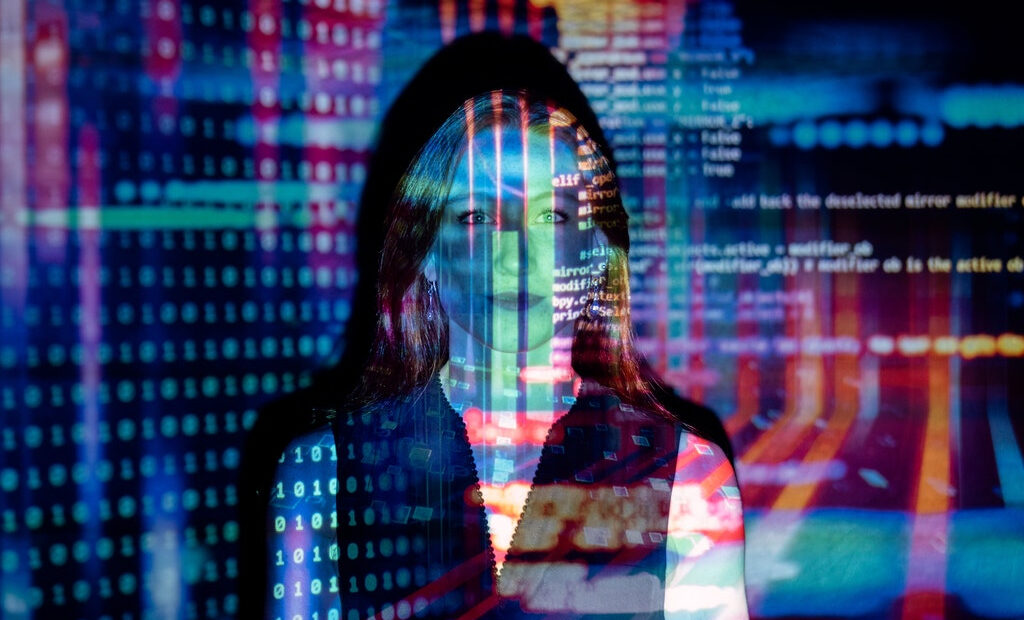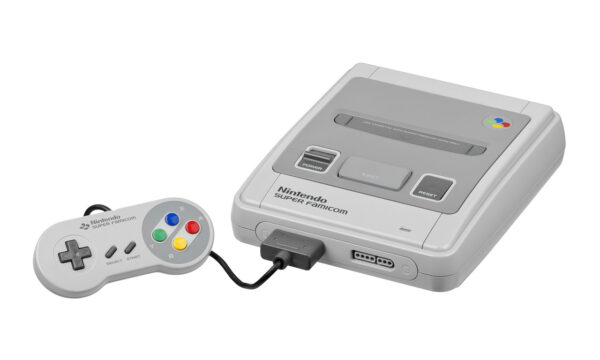Blockchain technology: Asserting control over digital assets

Blockchain technology, in its simplest form, is a ledger that maintains distributed data records shared between computers. This technology now facilitates the establishment of ownership over digital assets. By providing a transparent and decentralised ledger of distributed data, users can manage their digital assets securely and efficiently.
Blockchain technology has redefined the concept of ownership in the digital sphere. It enables users to assume ownership, without concern about the potential risk of non-compliance with the terms of an agreement in a decentralised market economy.
The advent of decentralised digital currencies (otherwise known as cryptocurrencies, with Bitcoin being the most notable) has expedited the establishment of a decentralised economy. This economy diminishes reliance on banks and credit card companies for executing everyday transactions.
Deciphering blockchain technology At its essence, blockchain technology is a distributed ledger that records and authenticates transactions across numerous computers. Each transaction, or ‘block’, is linked to the preceding one, forming a chain of blocks. This decentralised structure ensures that no single entity can exert absolute control over the data, thereby enhancing transparency, security, and trust in the digital space.
The role of digital assets in blockchain: Digital assets are precious commodities existing in digital form that can be stored, transferred, and traded securely using blockchain technology. When a digital asset is established, it becomes an integral component of the blockchain’s operation. For instance, in cryptocurrencies like Bitcoin, the digital asset is the currency itself, which can be owned and transferred directly between individuals, eliminating intermediaries.
Besides cryptocurrencies, blockchain technology can tokenise a variety of real-world assets. Art, real estate, intellectual property and more. These digital portrayals of physical assets can be stored on the blockchain, allowing for increased liquidity, fractional ownership, and transparent ownership histories. Blockchain’s immutability and transparency ensure the integrity and provenance of these assets, fostering trust in their ownership.
Ownership in a decentralised economy
In conventional centralised systems, intermediaries such as banks, government institutions, or credit card companies mediate ownership. These intermediaries carry inherent risks as they can serve as single points of failure or misuse personal data. However, blockchain technology enables individuals to claim ownership over digital assets independently of third parties.
Blockchain technology facilitates the creation of smart contracts, self-executing agreements with pre-set rules encoded within the blockchain. These contracts guarantee that all parties involved abide by the agreed-upon terms, as the contract’s execution and enforcement are automated and validated by the blockchain network. By eliminating intermediaries, blockchain provides individuals with direct control over their digital assets, reducing the risk of non-compliance.
Emergence of a decentralised economy
The advent of decentralised digital currencies, particularly Bitcoin, has played a pivotal role in speeding up the formation of a decentralised economy. Cryptocurrencies enable individuals to execute daily transactions securely and privately, without requiring traditional banking systems or credit card companies. The underlying blockchain technology ensures the integrity of transactions and prevents double-spending, thereby creating a reliable and efficient exchange medium.
Moreover, blockchain technology’s decentralised nature has led to the development of decentralised finance (DeFi) platforms. These platforms use smart contracts to offer financial services like lending, borrowing, and trading, without involving intermediaries. DeFi gives users more control over their financial assets and allows for global participation, irrespective of geographical barriers or economic status.
Blockchain technology has ushered in a new era of ownership in the digital world. By offering a transparent and decentralised ledger, blockchain enables individuals to assert control over their digital assets securely and without intermediaries. The rise of cryptocurrencies and decentralised economies have further reinforced the role of blockchain technology in transforming how we transact and interact digitally. As this technology continues to evolve, it promises immense potential in unlocking new possibilities in ownership, finance, and beyond.
The editorial unit























Facebook
Twitter
Instagram
YouTube
RSS